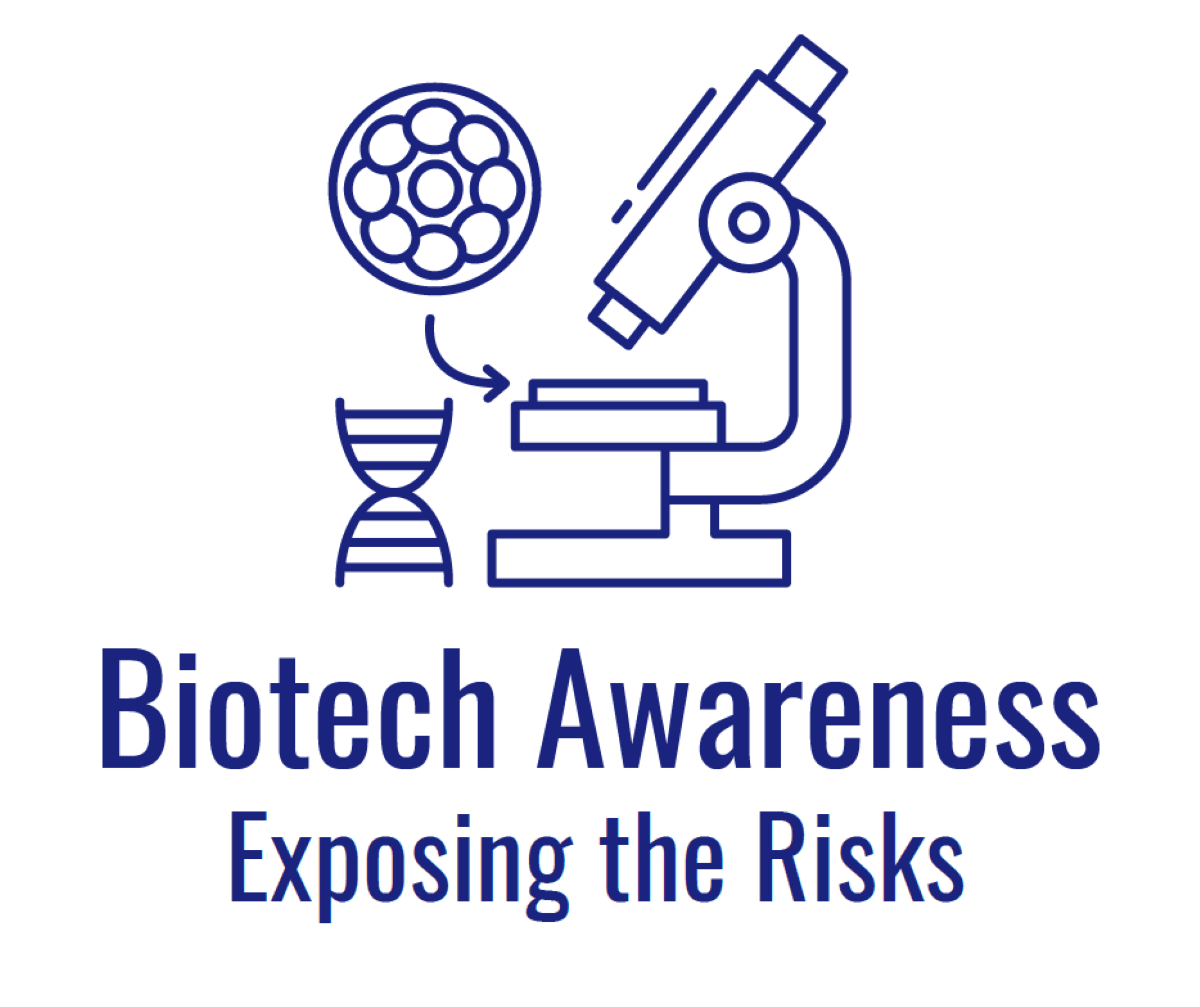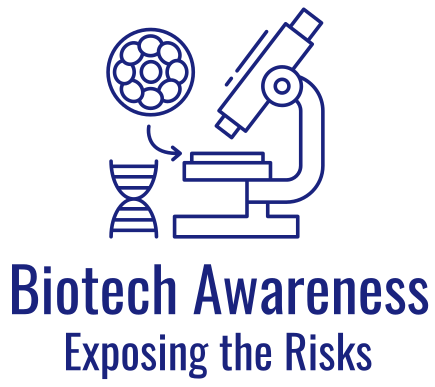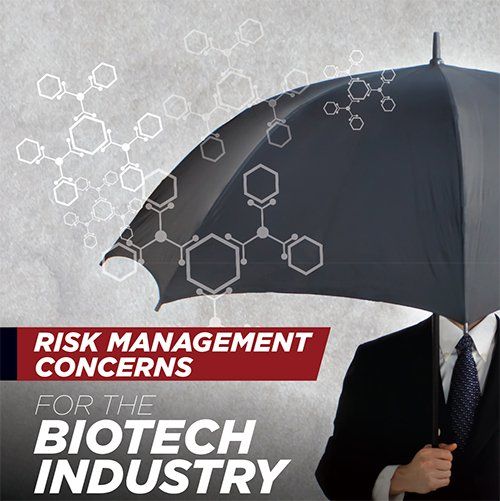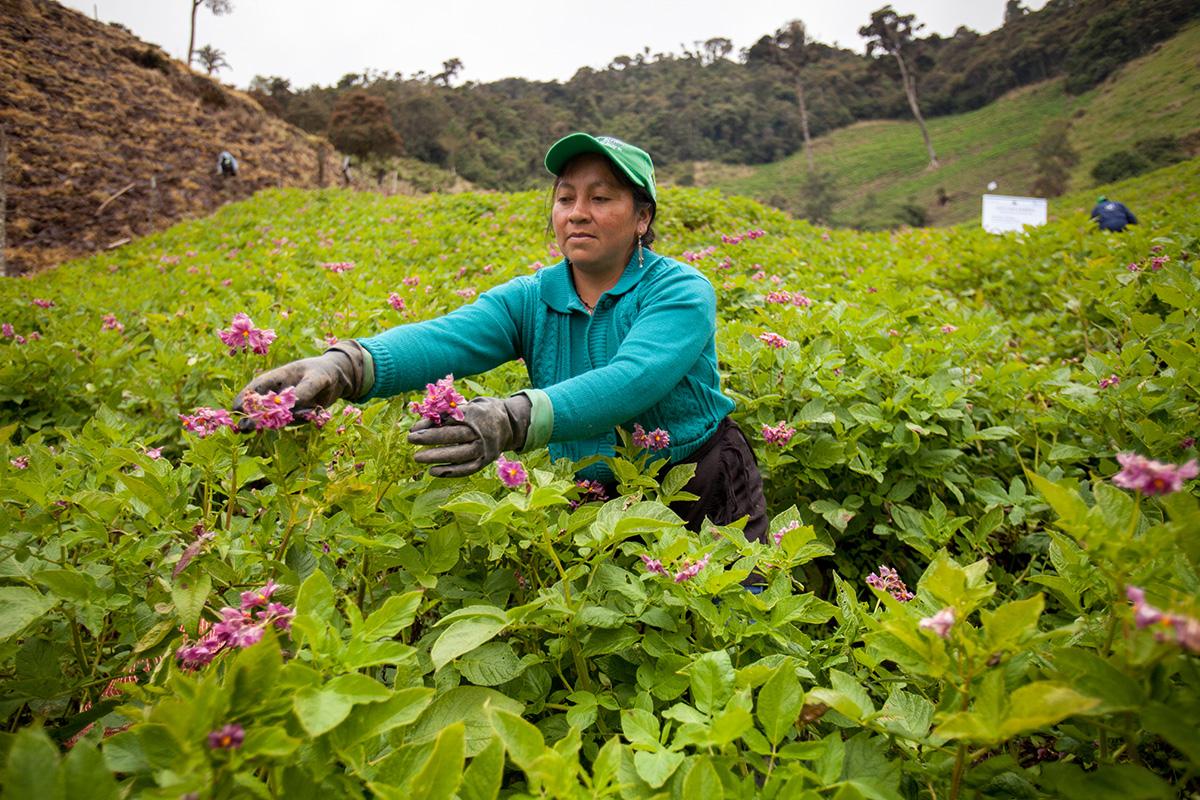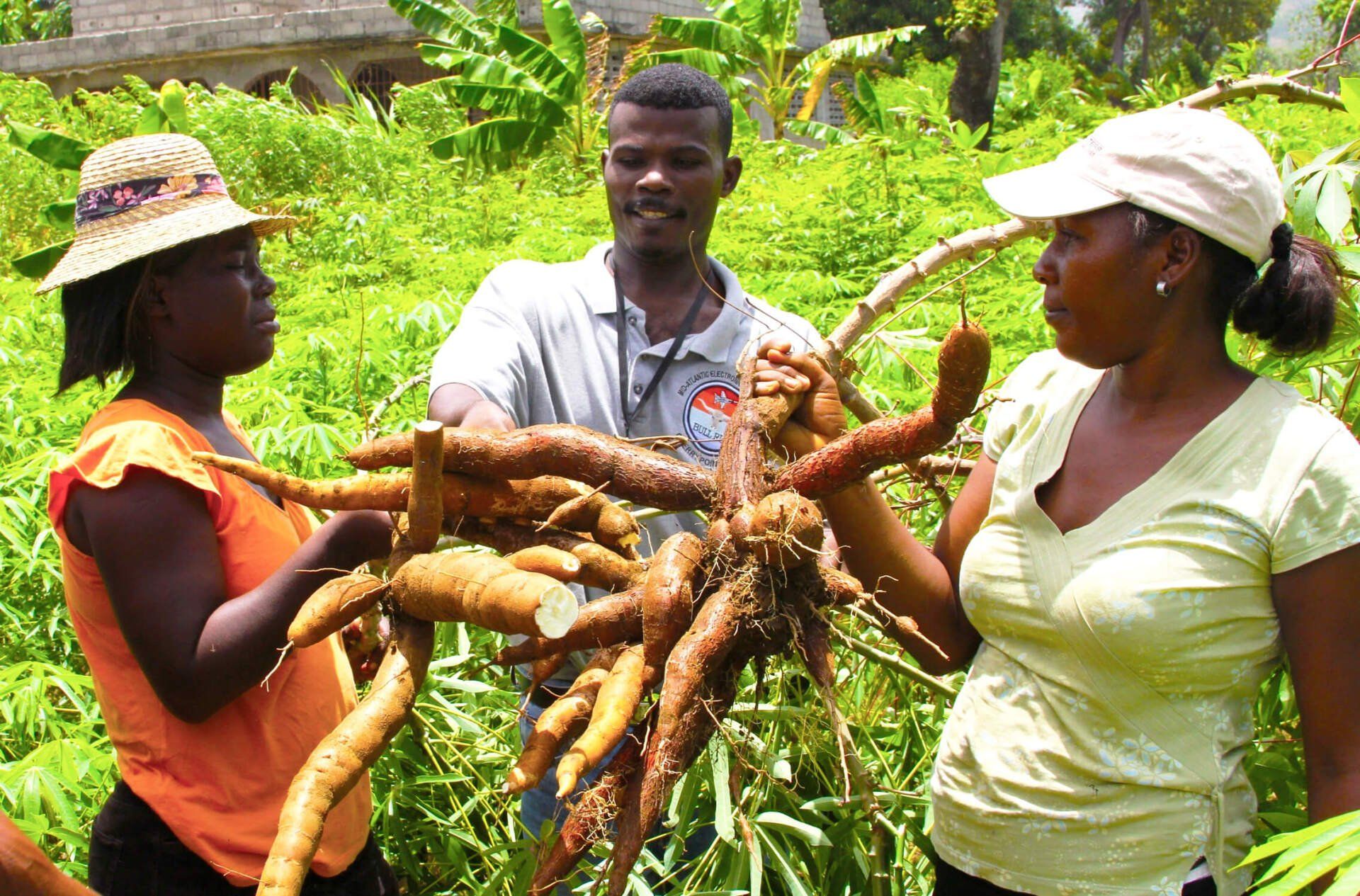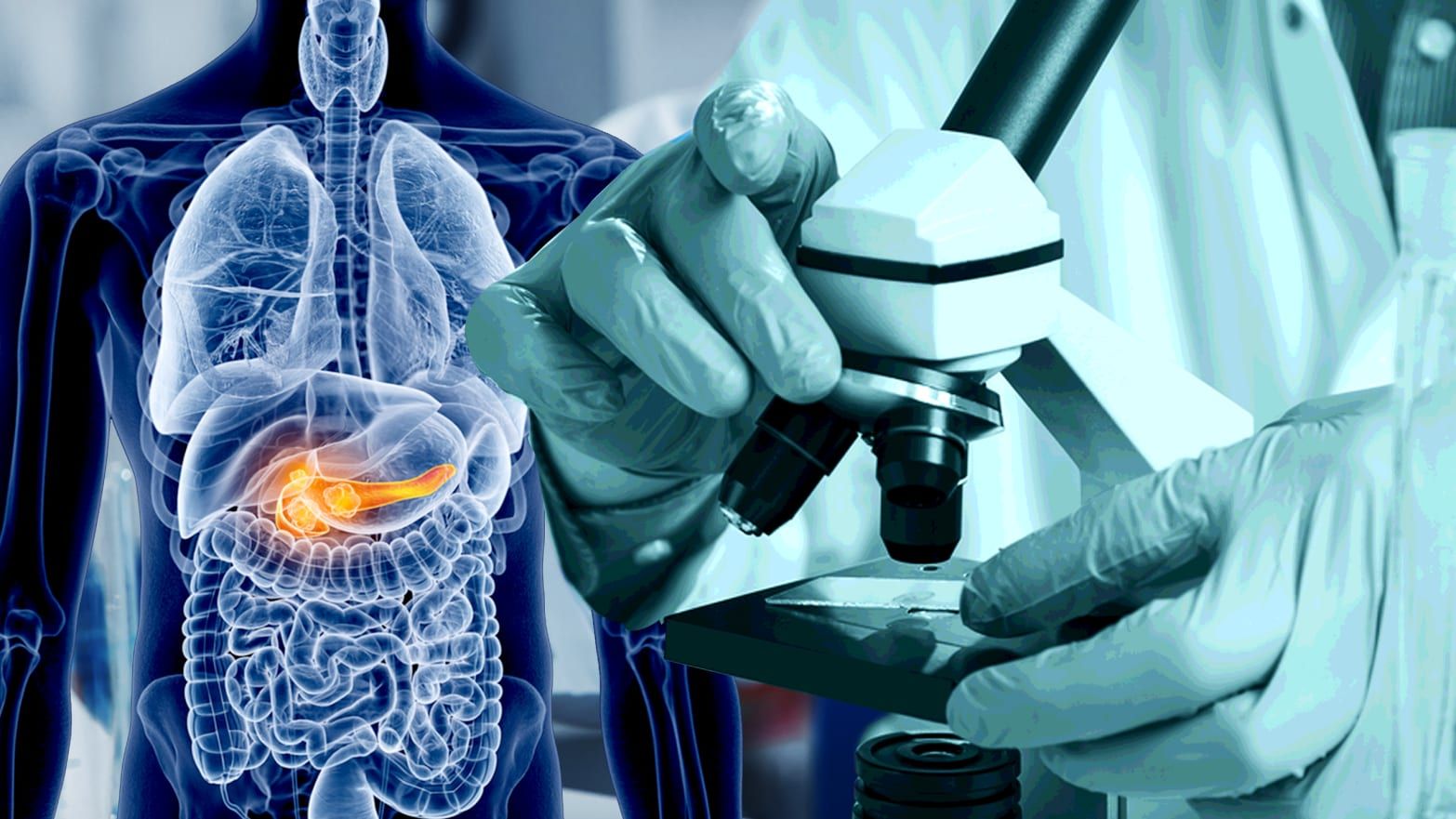Other Risks
Other Risks
The biotech industry faces many common business risks. Many of these risks are magnified or intensified for the biotech industry due to the rapid pace of scientific developments and explosive growth of the industry.
- Management and employee burnout/retention/turnover
- Competition (domestic and foreign)
- Litigation risk
- Regulatory oversight
- Funding shortfalls/difficulties
- Public image concerns/crises
- Workplace safety, injuries, accidents, deaths
- FDA and patent approval process
- Ability to hit financial goals
- Investor relations
- Liability for injuries and deaths caused by human trials
- Cybersecurity
- Theft of intellectual property
Another risk that is unique to the biotech industry is the risk of falling behind the competition due to lack of innovation or speed of development.
We will not go into any of those topics in more detail, but we will briefly discuss one more important risk -- socioeconomic risk.
Socioeconomic Risk
There is a risk that modern science may bypass the needs of poor people. Biotechnology is only one tool in addressing the challenges of food security and poverty. There is a need for biotechnology to be integrated with appropriate policies and other conventional research and development (R&D) programs.
The positive and negative impacts of biotechnology should be monitored over time in terms of who and what are affected and how they are affected. Monitoring impact will provide guidance for public policymakers in the future.
Unless countries have policies in place to ensure that small farmers have access to delivery systems, extension services, productive resources, markets, and infrastructure, there is a risk that the introduction of agricultural biotechnology could lead to increased inequality of income and wealth.
Socioeconomic Risk
In such cases, larger farmers are likely to capture most of the benefits through early adoption of the technology, expanded production, and reduced unit costs.
Modern biotechnology is not a silver bullet for achieving food security, but, used in conjunction with other agricultural research, it may be a powerful tool in the fight against poverty.
It has the potential to help enhance agricultural productivity in developing countries in a way that further reduces poverty, improves food security and nutrition, and promotes sustainable use of natural resources. Solutions to the problems facing small farmers in developing countries could benefit both farmers and consumers.
Socioeconomic Risk
Another component of socioeconomic risk is the pricing of new medical discoveries and treatments. Because of the significant upfront cost for research and development (often billions of dollars), the prices for these new drugs and treatments are very high. Many people are not be able to afford those prices which means they will be denied access to lifesaving medications.
Early work in gene surgery will no doubt be expensive – for example, Novartis plans to charge $475,000 for a one-time treatment of their recently approved cancer therapy. Will today’s income inequality, combined with biotechnology tools and talk of ‘designer babies’ and human cloning, lead to tomorrow’s permanent underclass of people who couldn’t afford genetic enhancement?
